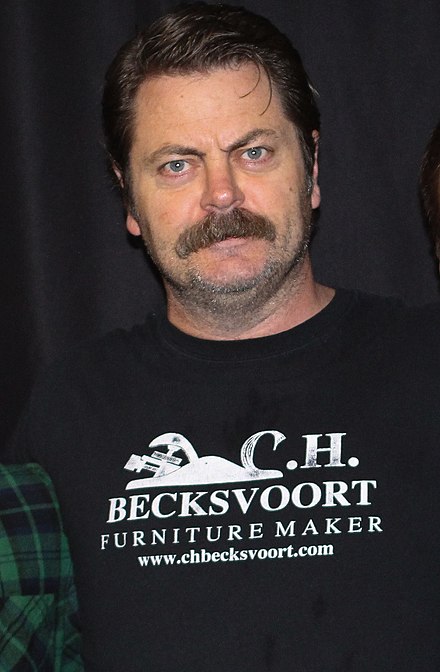I implement yet another text-to-speech model, dc-tts, introduced in Efficiently Trainable Text-to-Speech System Based on Deep Convolutional Networks with Guided Attention. My goal, however, is not just replicating the paper. Rather, I'd like to gain insights about various sound projects.
- NumPy >= 1.11.1
- TensorFlow >= 1.3 (Note that the API of
tf.contrib.layers.layer_normhas changed since 1.3) - librosa
- tqdm
- matplotlib
- scipy
I train the model on three different speech datasets.
1. LJ Speech Dataset
2. Nick Offerman's Audiobooks
3. Kate Winslet's Audiobook
LJ Speech Dataset is recently widely used as a benchmark dataset in the TTS task because it is publicly available, and it has 24 hours of reasonable quality samples. Nick's and Kate's audiobooks are additionally used to see if the model can learn even with less data, variable speech samples. They are 18 hours and 5 hours long, respectively.
- STEP 0. Download LJ Speech Dataset or prepare your own data.
- STEP 1. Adjust hyper parameters in
hyperparams.py. - STEP 2. Run
python train.py 1for training Text2Mel. - STEP 3. Run
python train.py 2for training SSRN.
You can do STEP 2 and 3 at the same time, if you have more than one gpu card.
I generate speech samples based on Harvard Sentences as the original paper does. It is already included in the repo.
- Run
synthesize.pyand check the files insamples.
| Dataset | Samples |
|---|---|
| LJ | 50k 200k 310k |
| Nick | 40k 170k 300k |
| Kate | 40k 160k 300k |
- The paper didn't mention normalization, but without normalization I couldn't get it to work. So I added layer normalization.
- The paper fixed the learning rate to 0.001, but it didn't work for me. So I decayed it.
- I tried to train Text2Mel and SSRN simultaneously, but it didn't work. I guess separating those two networks mitigates the burden of training.
- The authors claimed that the model can be trained within a day, but unfortunately the luck was not mine. However obviously this is much fater than Tacotron as it uses only convolution layers.
- Thanks to the guided attention, the attention plot looks monotonic almost from the beginning. I guess this seems to hold the aligment tight so it won't lose track.
- The paper didn't mention dropouts. I applied them as I believe it helps for regularization.
- Check also other TTS models such as Tacotron and Deep Voice 3.




